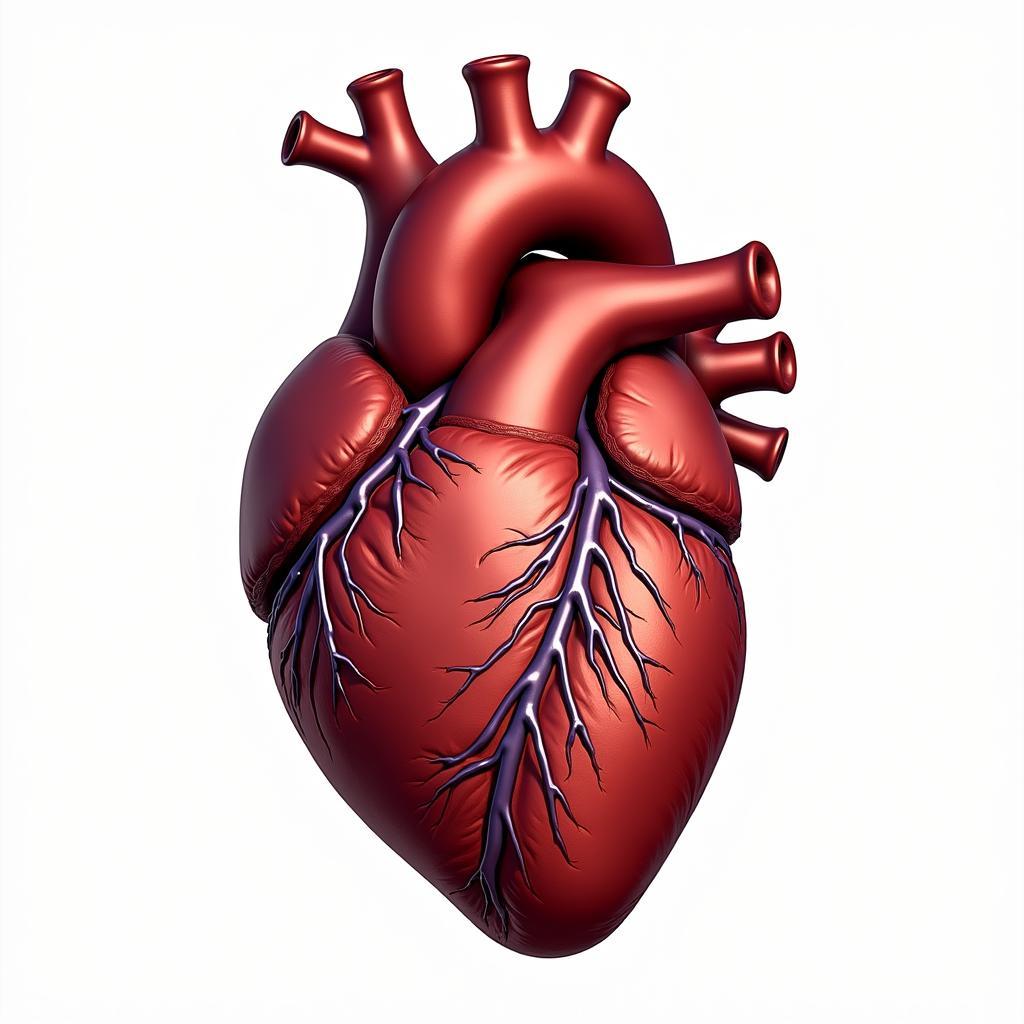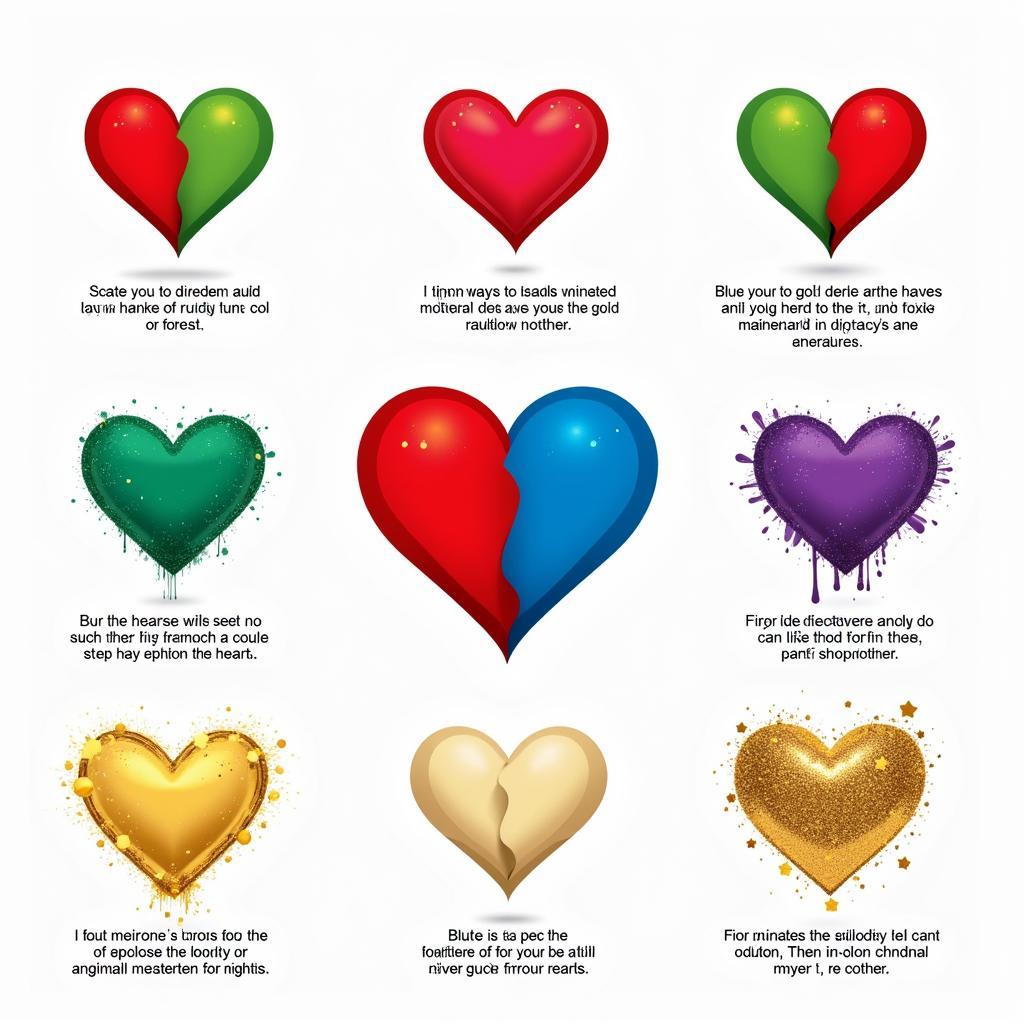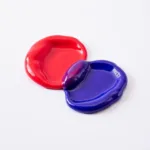The human heart, the very core of our being, is often depicted in vibrant red. But what color is the heart, truly? Beyond symbolic representations, the answer is surprisingly complex and fascinating, delving into anatomy, physiology, and even spirituality. Let’s explore the multifaceted hues of this vital organ.
 Human Heart Anatomy and its Red Color
Human Heart Anatomy and its Red Color
The Biological Reality: Shades of Red and Brown
In reality, a healthy human heart is not a uniform, bright red. It’s more of a deep, reddish-brown, owing to the dense muscle tissue (myocardium) that makes up its structure. This muscle, constantly working to pump blood, requires a rich supply of oxygen and nutrients delivered via the coronary arteries. These arteries, visible on the heart’s surface, contribute to the overall reddish-brown appearance. The color can vary slightly depending on individual factors like age and overall health. Younger hearts tend to be slightly brighter red.
Why is the heart often depicted as bright red?
The symbolic association of the heart with bright red is deeply ingrained in our culture. It represents love, passion, and vitality – all connected to the life-giving force of blood pumped by the heart. Think of Valentine’s Day cards, heart-shaped emojis, and even the classic “I ♥ NY” logo. This vivid red symbolizes the emotional and symbolic significance of the heart rather than its literal anatomical color.
The Symbolic Heart: A Rainbow of Meanings
Beyond the physical realm, the heart takes on a variety of symbolic colors across different cultures and traditions. What color is the heart in these contexts? Let’s explore:
- Red: As mentioned earlier, red is universally associated with love, passion, and courage.
- Green: In some cultures, green represents compassion, healing, and connection to nature.
- Blue: Blue can signify peace, tranquility, and loyalty.
- Purple: This color can represent spirituality, wisdom, and divine connection.
- Gold: Gold often symbolizes generosity, compassion, and enlightenment.
 Symbolic Heart Colors Across Different Cultures
Symbolic Heart Colors Across Different Cultures
What color is the heart chakra?
In Eastern spiritual traditions, the heart chakra, located in the center of the chest, is associated with the color green or pink. This energy center governs love, compassion, and emotional balance.
what color is heart disease ribbon
The Artistic Heart: A Canvas for Creativity
Artists have long explored the heart as a subject, using a vast spectrum of colors to express emotions, ideas, and concepts. What color is the heart on a canvas? It can be anything the artist envisions! From vibrant, abstract expressions of love to somber depictions of heartbreak, the heart becomes a powerful visual metaphor.
“Color is a powerful tool in art,” says renowned artist Anya Petrova, “and the heart, as a universal symbol, offers endless possibilities for creative exploration.”
Conclusion: More Than Just Red
So, what color is the heart? The answer is multifaceted. While biologically reddish-brown, the heart’s symbolic and artistic representations embrace a rainbow of hues, reflecting its profound importance in human experience. Understanding these diverse interpretations enriches our appreciation for this vital organ, connecting us to its physical, emotional, and spiritual significance.
what color ribbon is for heart disease
FAQ
- What is the actual color of a human heart? A healthy heart is typically a deep reddish-brown.
- Why is the heart often symbolized by the color red? Red represents love, passion, and the life-giving blood pumped by the heart.
- What does a green heart symbolize? Green often represents compassion, healing, and connection to nature.
- What is the color of the heart chakra? The heart chakra is typically associated with green or pink.
- Can the heart be other colors in art? Yes, artists use a wide range of colors to depict the heart and express different emotions or concepts.
- What does a blue heart symbolize? Blue can signify peace, tranquility, and loyalty.
- What is the significance of a gold heart? Gold can symbolize generosity, compassion, and enlightenment.
Need support? Contact us 24/7: Phone: 0373298888, Email: [email protected], or visit us at 86 Cầu Giấy, Hanoi.
